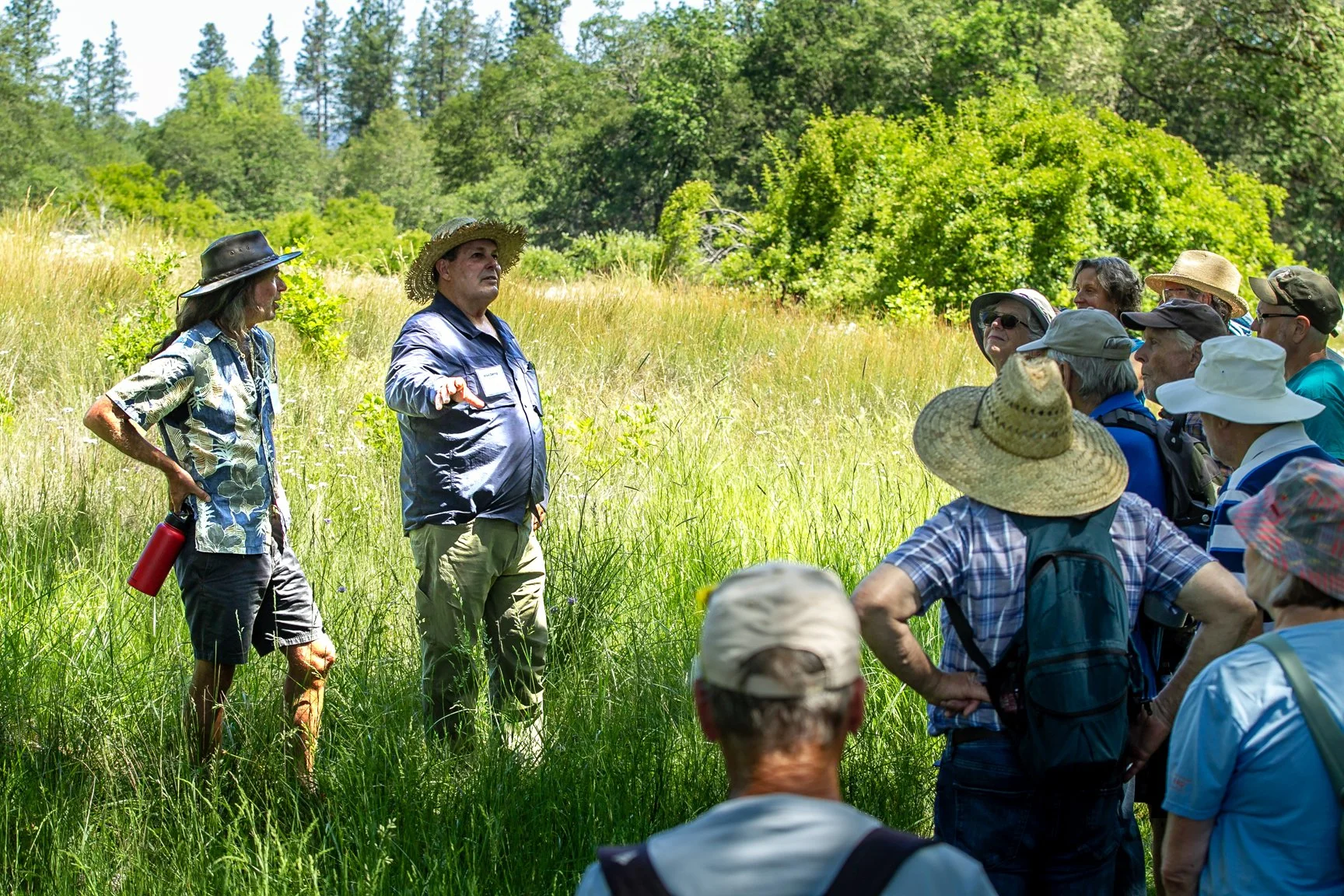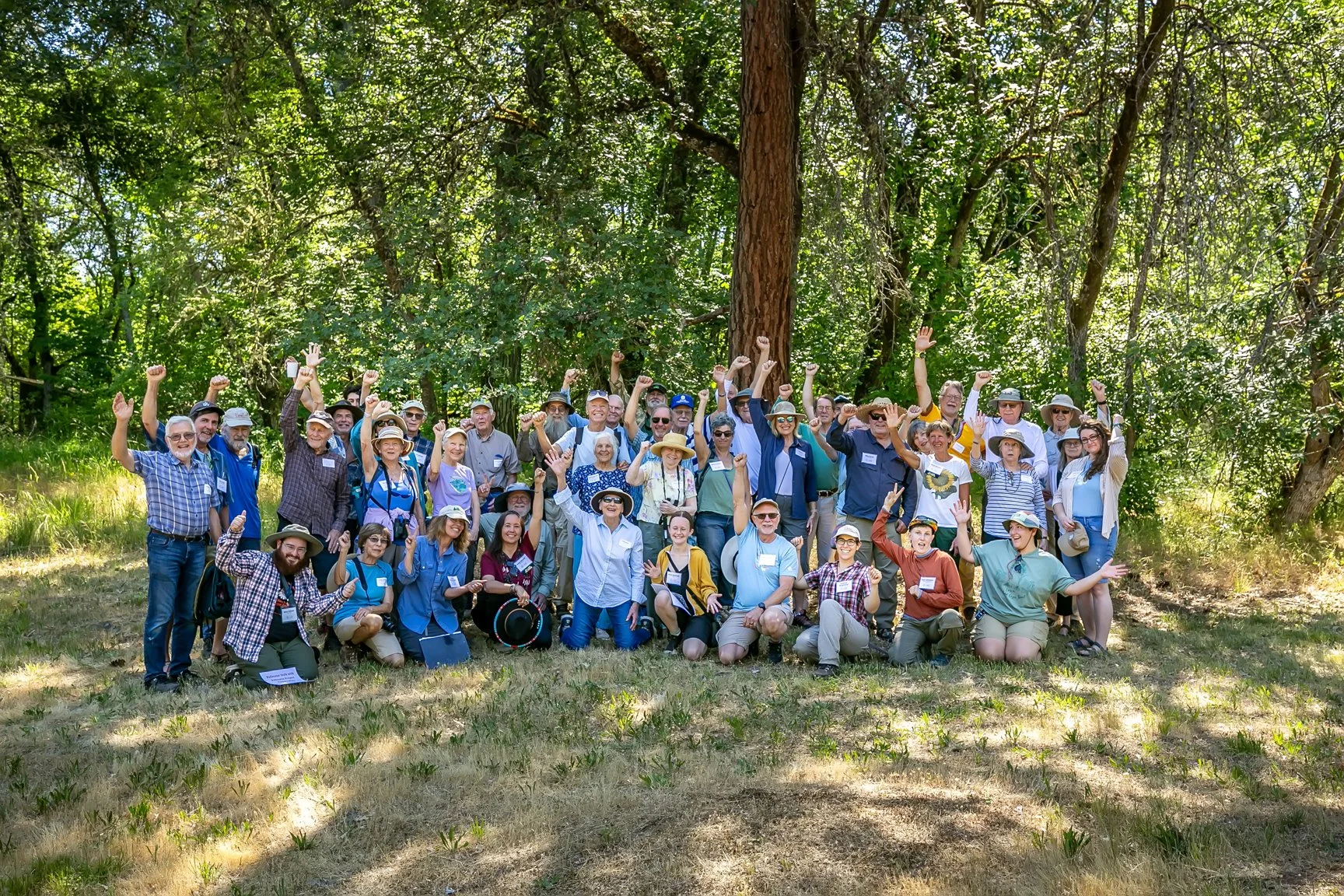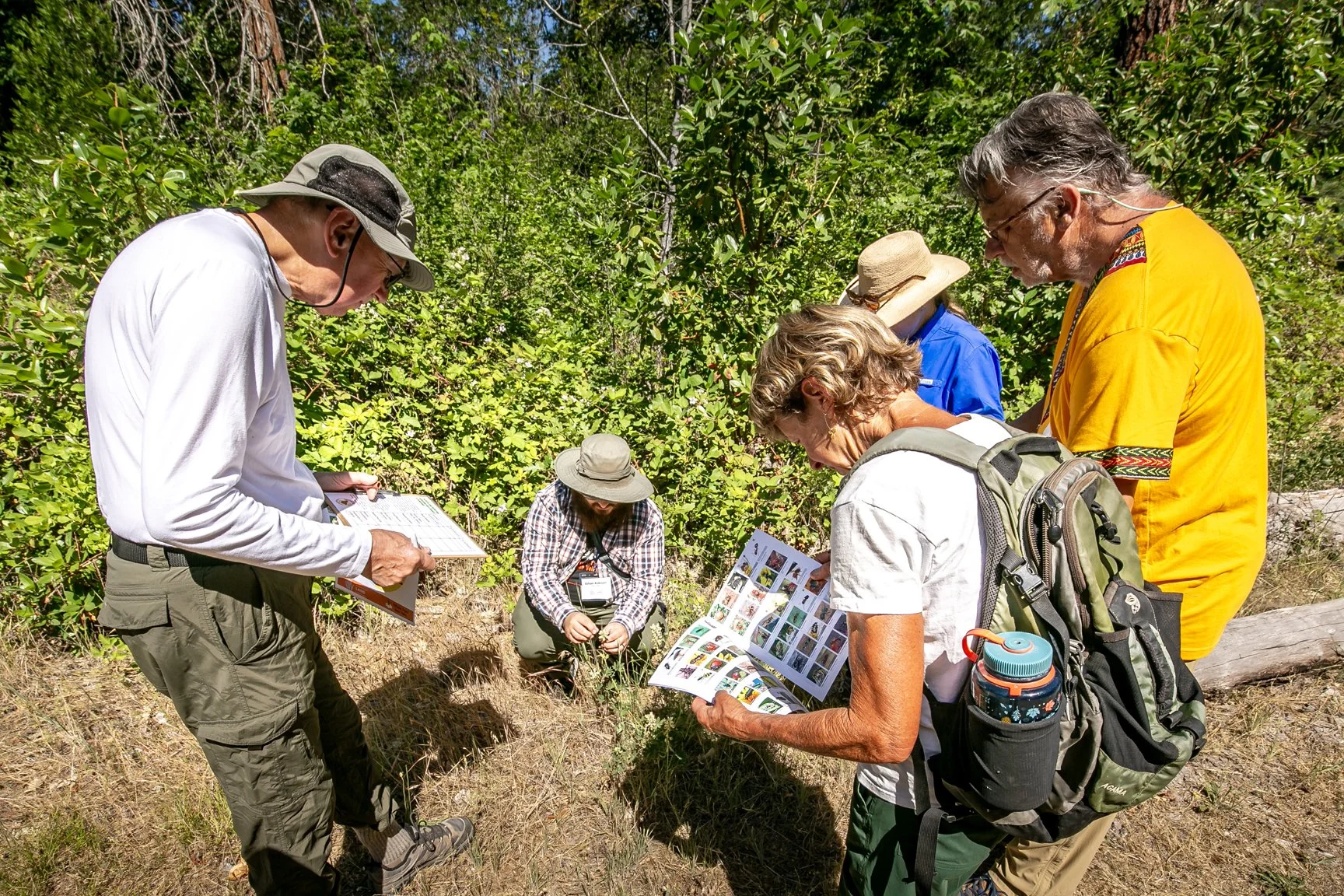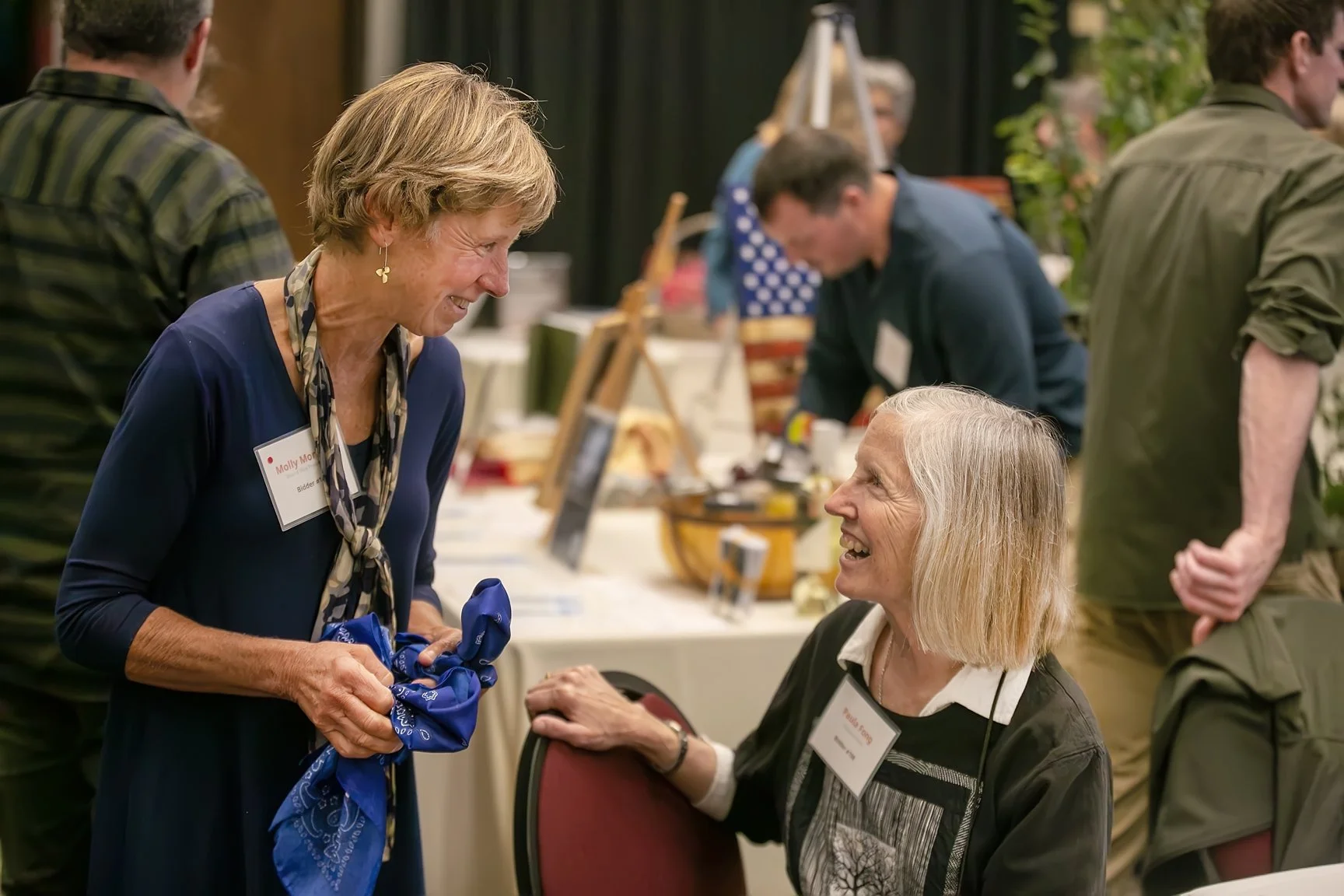On our first visit to Eight Dollar Mountain near Cave Junction, we were greeted by the red brilliance of blooming Vollmer’s lily, the strange beauty of carnivorous cobra-lilies, and the flash of dragonflies and butterflies. From this colorful wetland, the view stretched south to the sparkling Illinois River.
Now, this remarkable 71-acre site is permanently protected as Southern Oregon Land Conservancy’s newest preserve: Cobra-lily Springs.
This special place is home to:
Rare wetlands and seeps that support carnivorous plants
Endangered and state-listed wildflowers including a large population of the federally-endangered Cook’s desert parsley and the state-listed Howell's mariposa lily among others
Rare wildlife including the yellow-legged frog, western toad, and western pond turtles
A key link in a network of conserved lands that connect to wilderness areas
This conservation was made possible thanks to the generosity of Linda Park and Denis Janky, who donated the land with the vision of protecting it forever for science, education, and future generations.
While development and mining threaten other nearby lands, Cobra-lily Springs is now safeguarded — part of a larger effort to conserve the biodiversity hotspot of Eight Dollar Mountain.
Stay tuned for guided hikes and outings where you’ll be able to experience Cobra-lily Springs for yourself!
We’re deeply grateful to Linda and Denis, and to supporters like you who make permanent protection possible. Read more about this new preserve in SOLC’s Fall Newsletter – available soon!
And one more thing...
The Hyphen Hype
As SOLC adds our newest preserve Cobra-lily Springs to our outreach materials, we had to decide on one significant piece of punctuation. The hyphen, a humble horizontal line serves botanical common names to denote a few key things. While there are a variety of writing conventions available one in particular was a point of discussion: Hyphenate the common name when the plant group is misapplied or incorrect.
The cobra-lily is not a true lily, Douglas-fir is not a true fir, and incense-cedar is not a true cedar. However, common names with modifiers that already suggest a misapplication do not need the hyphen such as mock orange or wild ginger. Does this mean that to avoid a disaster (not an aster), should you write dis-aster?* Some of our rule breakers, buckwheat (not a wheat) and toadflax (not a flax) do not need a hyphen as both have historically been written as a single word.
More exciting information concerning grammar and botany may be found in ‘Common names for Vascular Plants: Guidelines for Use and Application’ by John Thieret and John Kartesz.
*Disaster is not solely a botanical term and this convention sadly, does not apply.
